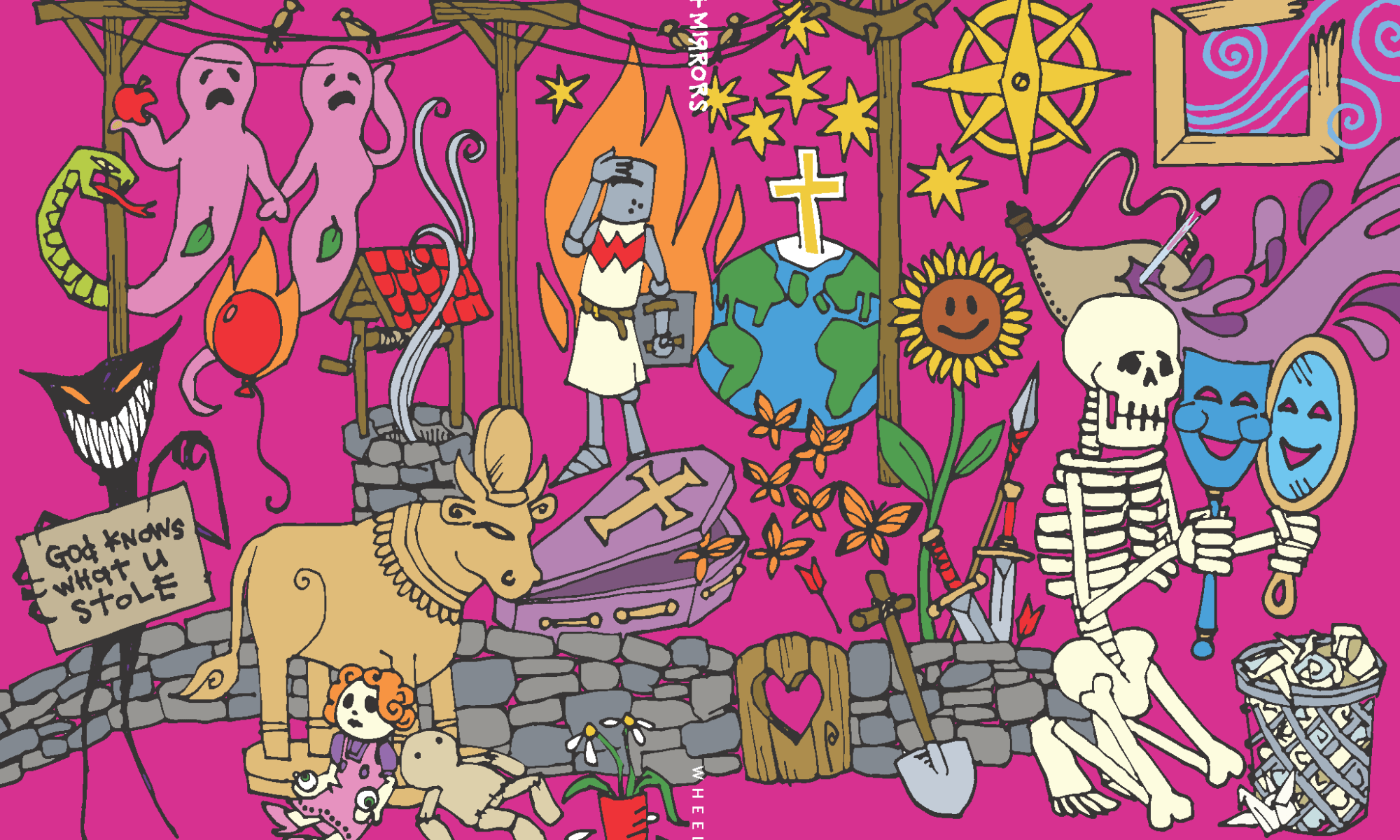
Who are we to fall before a King on colt ascending,
palms pressed flat to scattered stones
that shake with ancient, living song?
We are adoration, lifted from the tongues of urchins,
setting play aside to ponder
what a King this King might be.
Who are we to lift our heads as eastern gates to sunrise,
seeing light we’ve seen before
as orphans through a weeping glass?
We are once-blind pupils in dilation, through stigmata
setting sight aside to wonder
what a King this King might be.
Who are we to stand within the Holy Home of worship,
sandals set aside in favor
of our washed and naked feet?
We are kin to Christ, no guest but children at the table,
setting rights aside in service
to the King this King might be.
Who are we to enter in such doors, drawn up from bone and
skin, through frames adorned like bloody
brows, pinned back with rusty nails?
We are blood-bought butchers cleansed, passed over in our feasting
on the broken blood and body
of the King this King might be.
Who are we to rise from dust and ashes in the dawning
of a Kingdom borne of sorrow,
of a King made sin for slaves?
We are witnesses of sound and fury in the making,
bursting open with the glory
of the King of Kings we see.
The earth is the Lord’s, and everything in it,
the world, and all who live in it;
for he founded it on the seas
and established it on the waters.Who may ascend the mountain of the Lord?
Who may stand in his holy place?
The one who has clean hands and a pure heart,
who does not trust in an idol
or swear by a false god.They will receive blessing from the Lord
and vindication from God their Savior.
Such is the generation of those who seek him,
who seek your face, God of Jacob.Lift up your heads, you gates;
Psalm 24
be lifted up, you ancient doors,
that the King of glory may come in.
Who is this King of glory?
The Lord strong and mighty,
the Lord mighty in battle.
Lift up your heads, you gates;
lift them up, you ancient doors,
that the King of glory may come in.
Who is he, this King of glory?
The Lord Almighty—
he is the King of glory.









